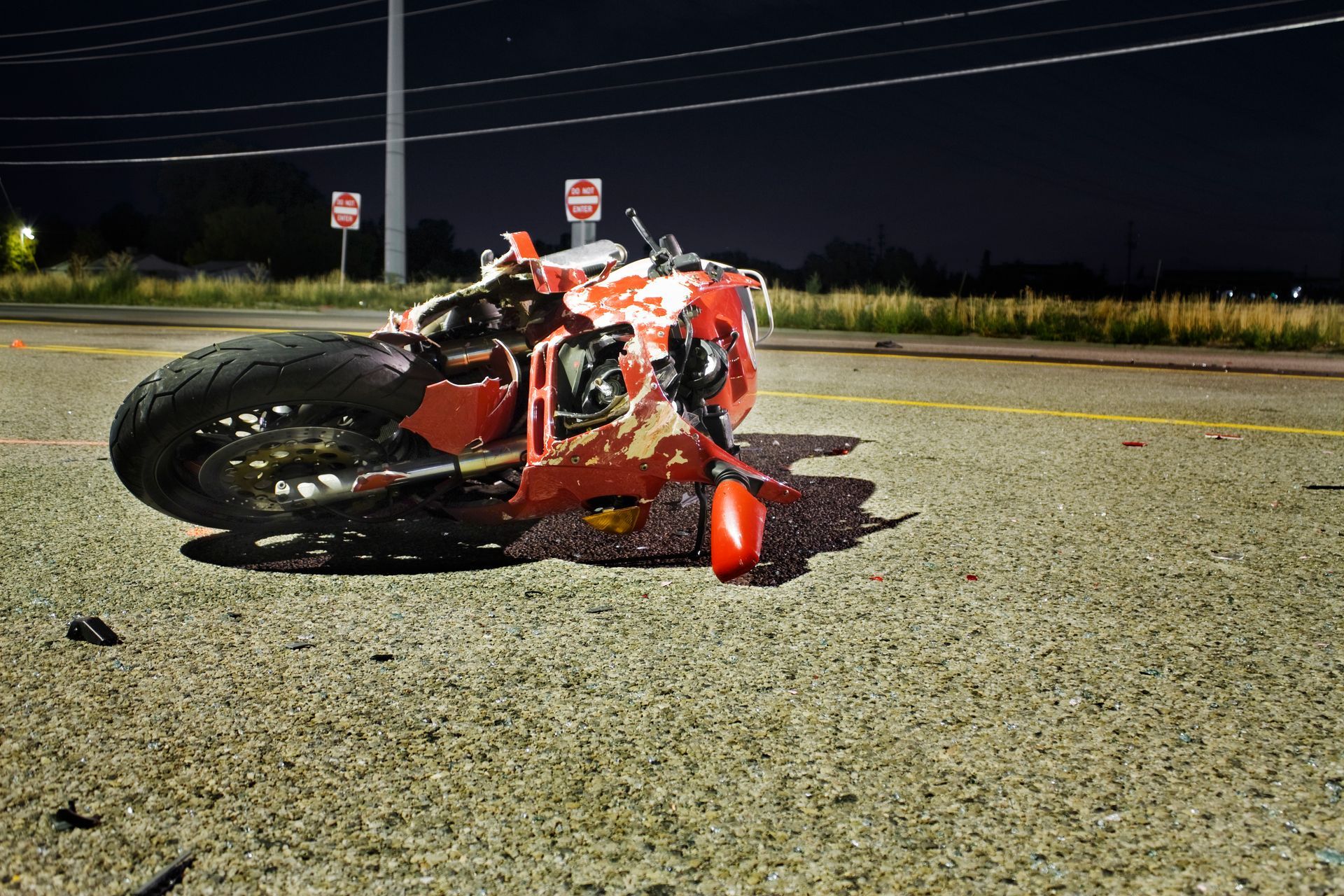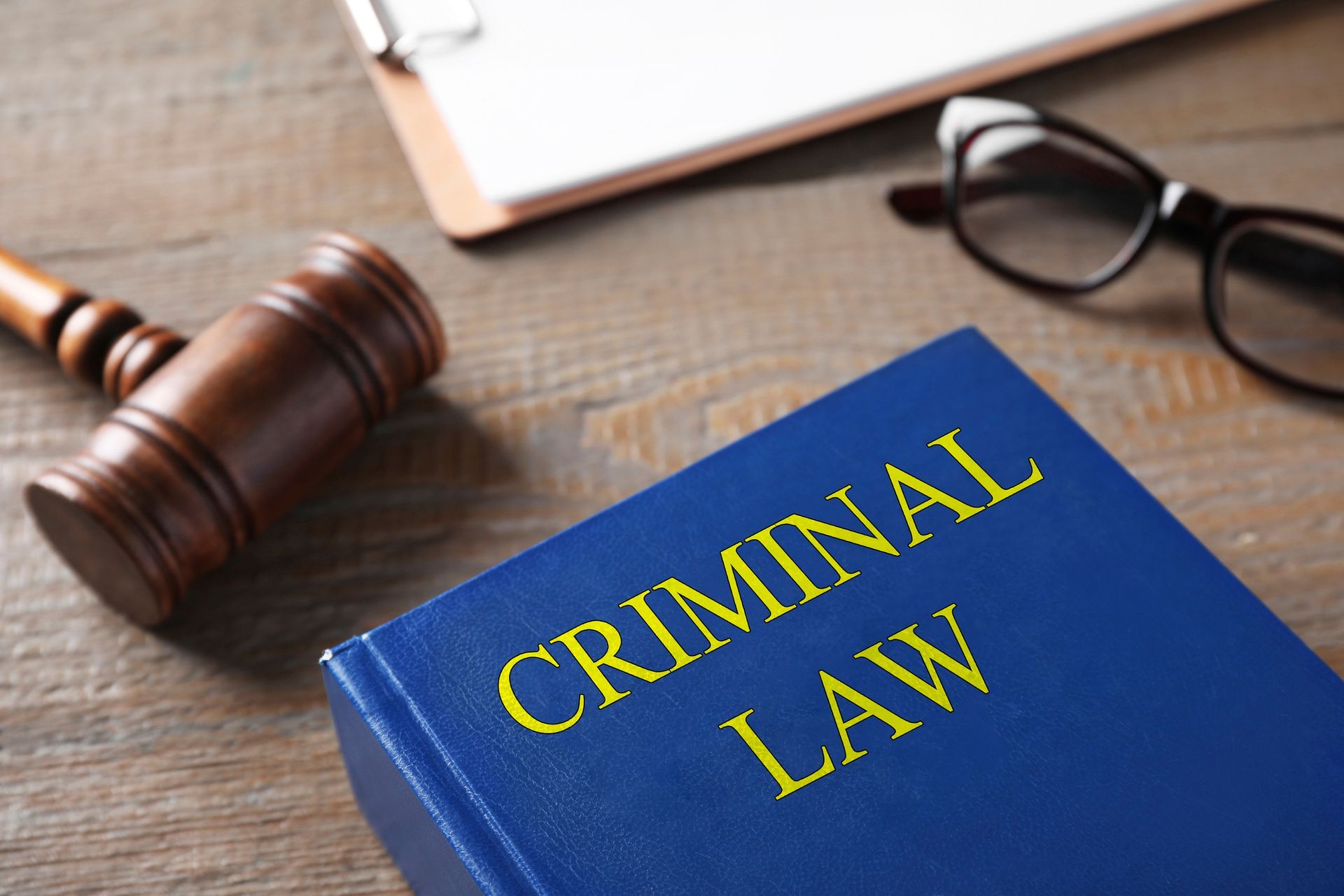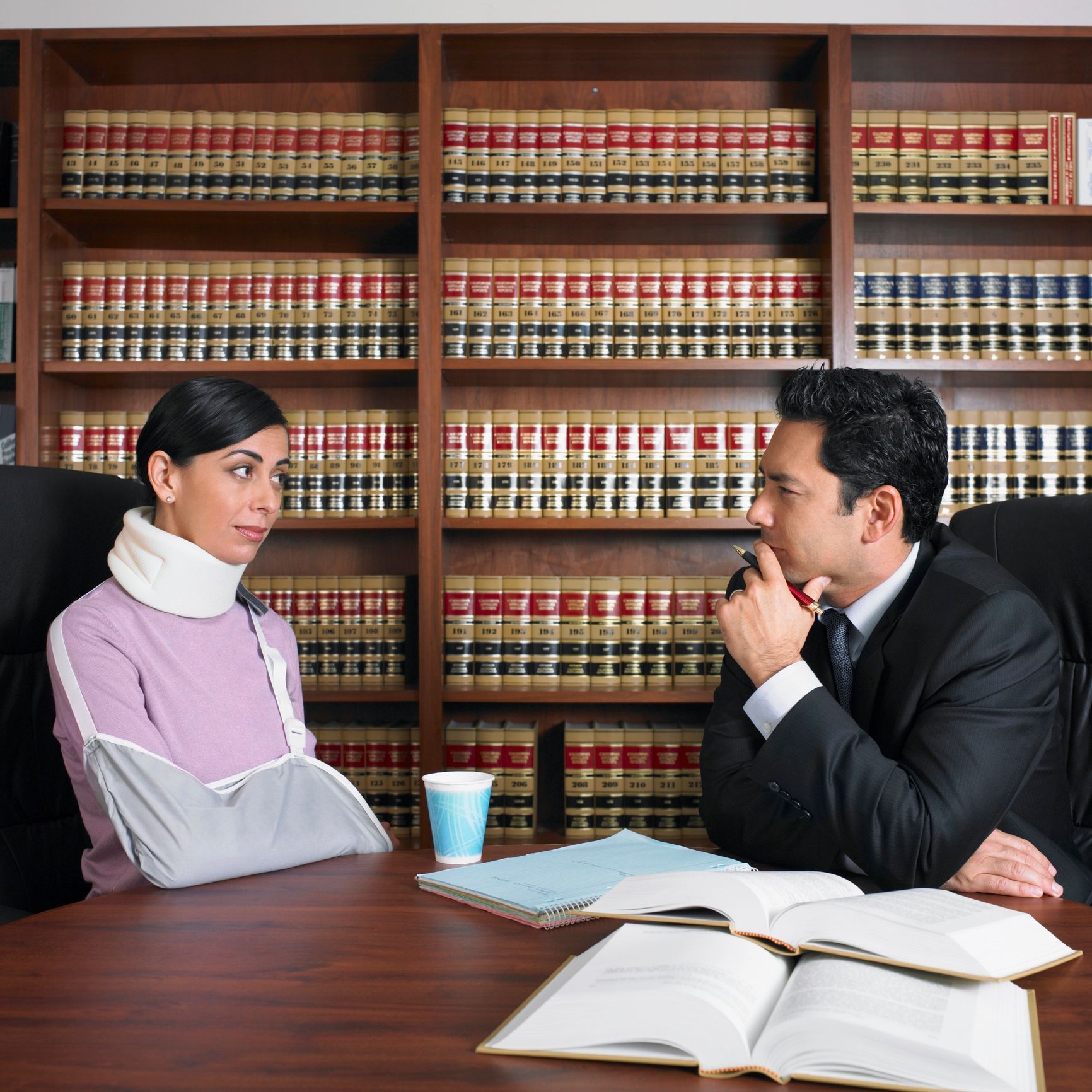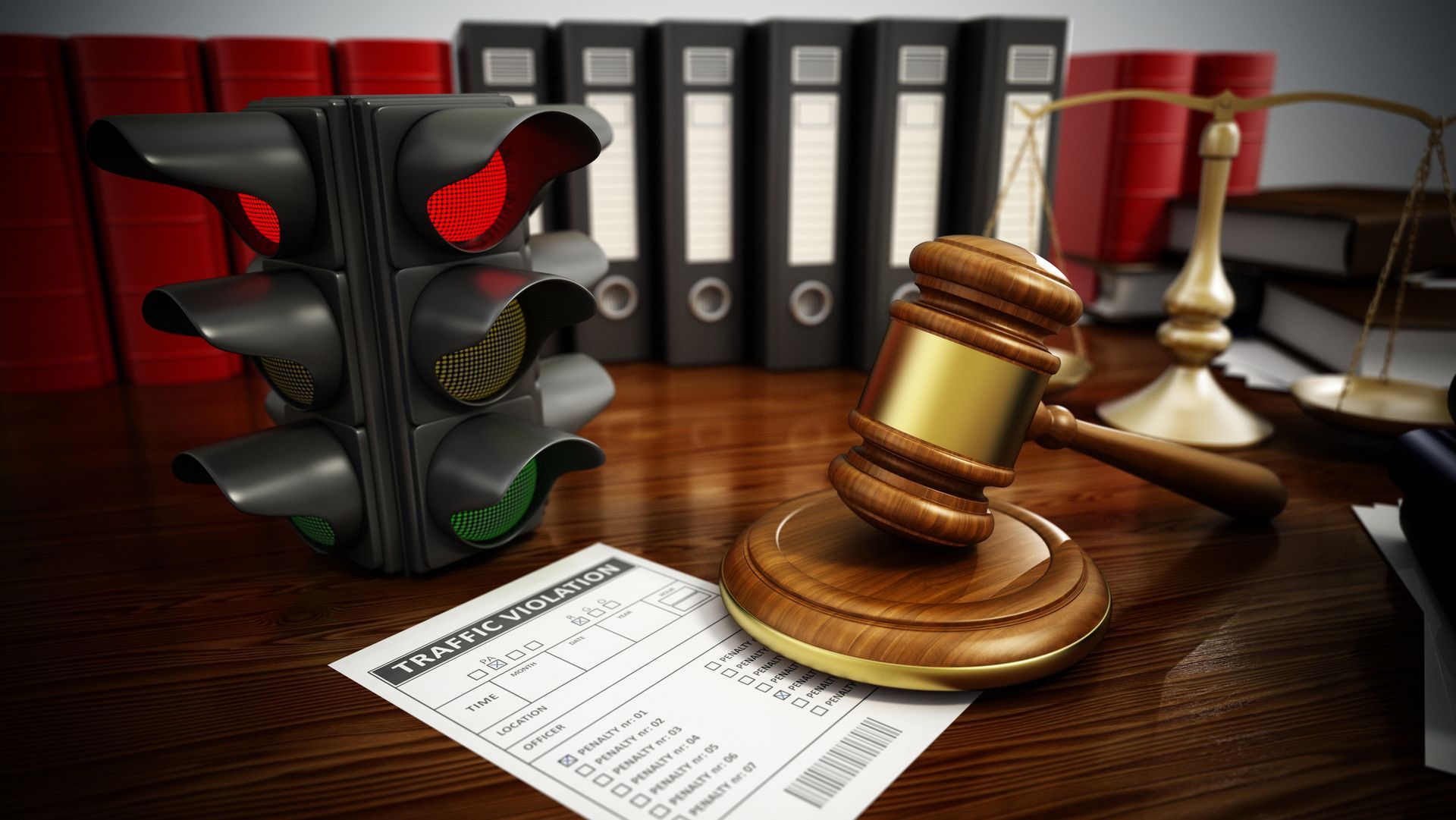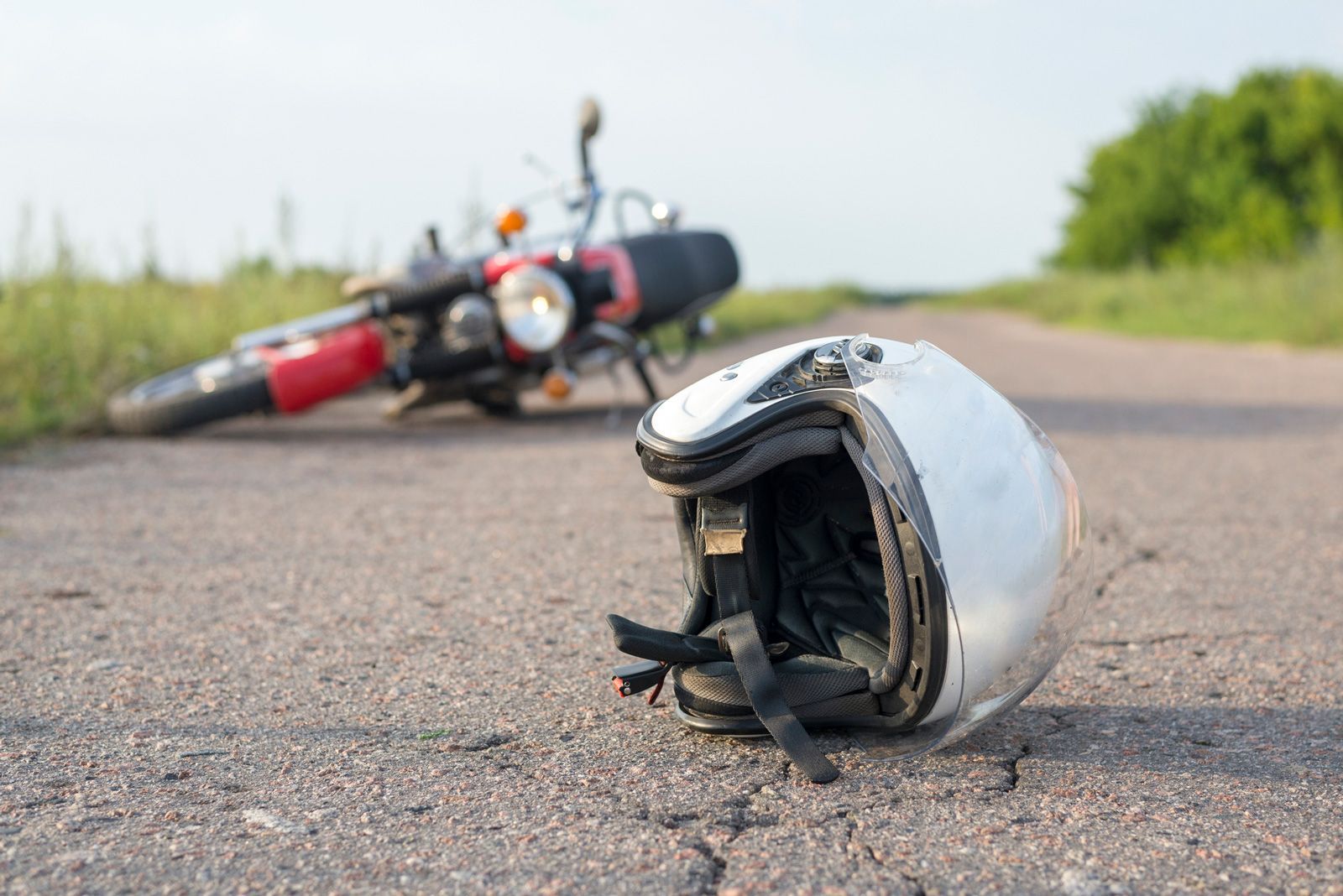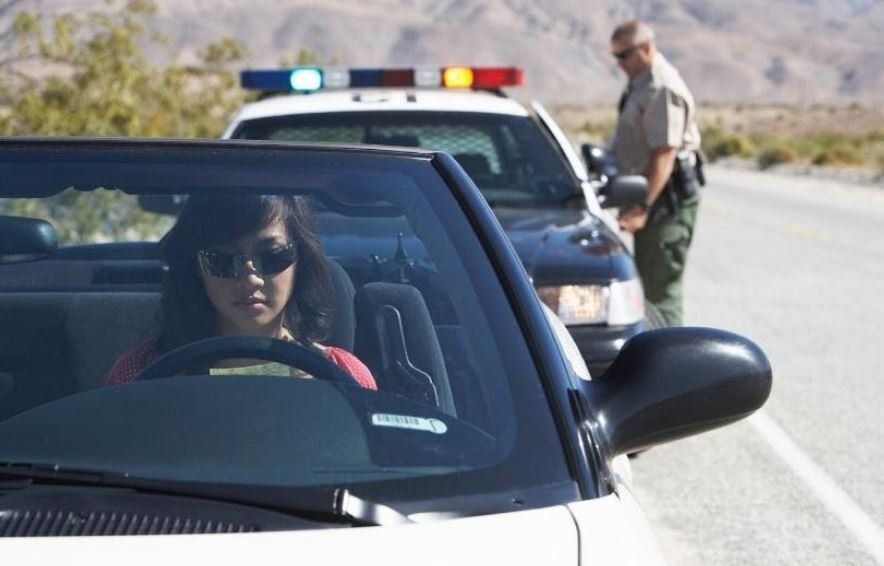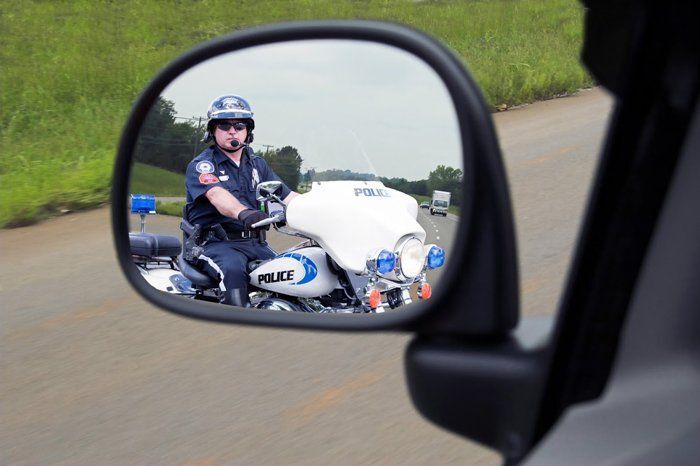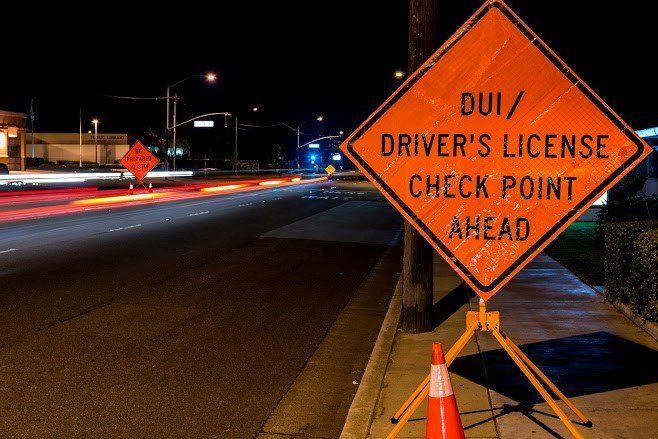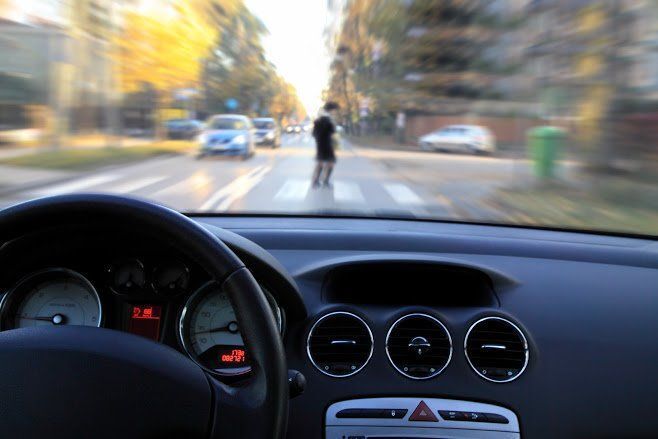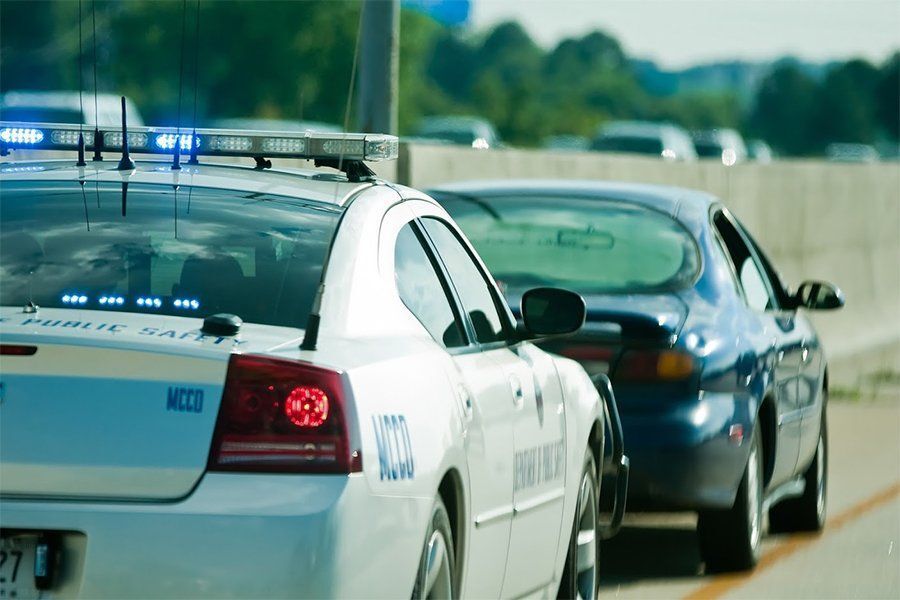
Have you received a ticket in Virginia when you are not a resident of the state? When you receive a traffic violation in Virginia, it can follow you back to your home state. In some states, your license can even be suspended if you were speeding above a certain limit. If you live outside the state of Virginia and receive a traffic violation, you should keep the following in mind.
How Has Technology Affected Tickets from Out-Of-State?
Due to the increase in technology within the Department of Motor Vehicles, out-of-state tickets are more easily resolved. At one time, you could get a ticket in a different state and face no real consequences. Prior to increased technology, there was no good way for a state to send your violation to your home state. You could essentially get away with not paying your fine or facing other consequences.
Now, police cars across the country are equipped with the technology to easily find any infractions associated with your license plate. The officer can now simply input your license plate number into the system to see any traffic violations you have committed no matter which state you are from.
Your contact information, the information associated with the vehicle, and information about your driver's license is now available at the touch of a button. The technology has now made the likelihood of escaping an out-of-state ticket very low. You can now face consequences in your home state if you commit a traffic violation in another state.
What Can an Out-Of-State Ticket Do?
If you commit a traffic violation in another state, you can face different consequences based on the infraction. In Virginia, you can face a fine up to $2,500, a six-month driver's license suspension, or even up to one year in jail. You could even face your violation appearing on a background check, which has ramifications on your ability to obtain employment.
Additionally, a traffic ticket from another state can also affect your insurance. Insurance companies offer drivers a certain rate based on the risk of the driver. If you have a clear record, the insurance company will offer you a better rate because your likelihood of not getting into an accident is higher.
When you get an out-of-state ticket, your insurance will change. Your insurance premiums will not only increase, but you can also get points on your license and lose any good driver discounts you have. You can even lose your insurance coverage if the infraction is bad enough.
What Can You Do If You Get an Out-Of-State Ticket?
If you receive a ticket in the state of Virginia and you live in a different state, you have a few things you can do. First, you should contact an attorney who works primarily in moving violations. If you try to take care of the ticket on your own, you may have to travel back to Virginia to deal with it. If you are a distance away, the extra travel can be a big inconvenience.
Your attorney can argue on your behalf during your hearing. He or she can ask for a reduced fee, or even request a dismissal altogether. If the judge wants you to take defensive driver's courses in return, your attorney may be able to ask that you can do so online. An attorney makes the experience much easier than handling it yourself.
If you have received a ticket in Virginia and you live in a different state, contact us at Tolbert & Tolbert, LLP. We will work with you and the court system to deal with your traffic violation as quickly and easily as possible.

